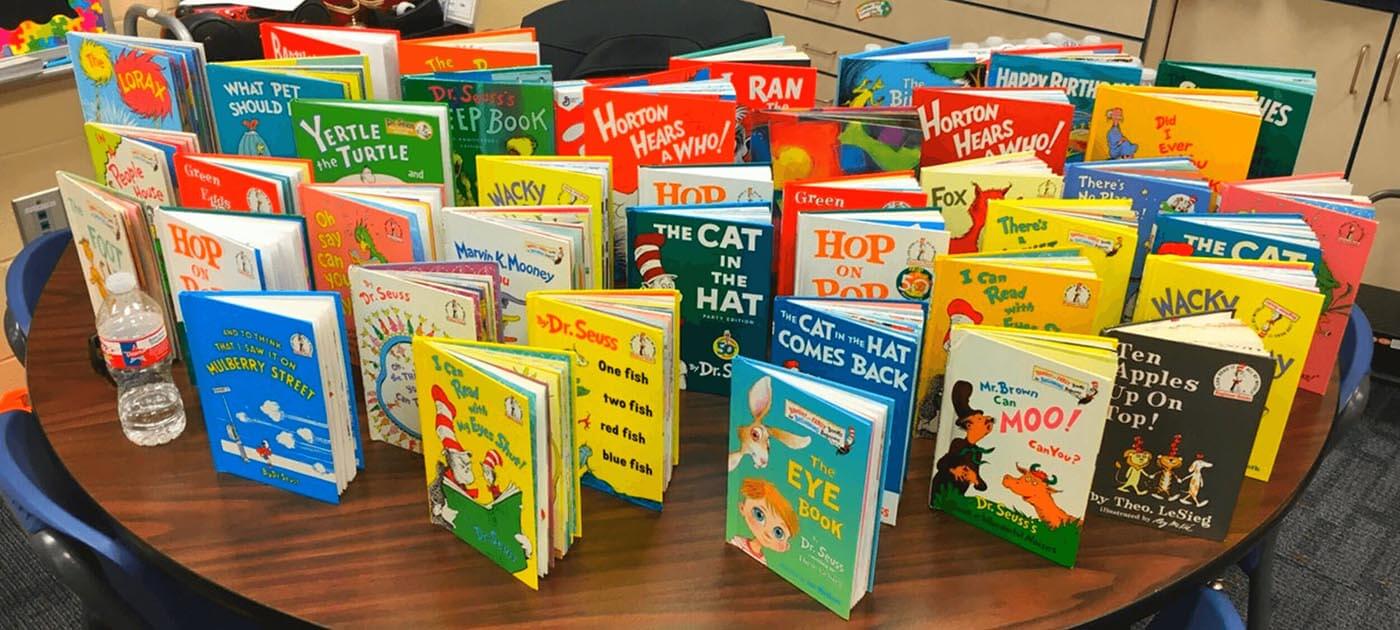
Freedom and disagreement: How we move forward
Opinion + AnalysisRelationships
BY Georgia Fagan 17 JAN 2022
As it stands, the term “freedom” is being utilised as though it means the same thing across a variety of communities.
In the absence of a commitment to expand discourse between disagreeing parties, we may regrettably find ourselves occupying an increasingly polarised society, stricken with groups which take communication with one another as being a definitively hopeless exercise.
Freedom and its nuances have come poignantly into focus over the past two and a half years. Ongoing deliberation about pandemic rules and regulations have seen the notion being employed in myriad ways.
For some, freedom, and one’s right to it, has meant demanding that particular methods of curtailing viral spread remain optional and never be mandated. For others, the freedom to retain access to secure healthcare systems and avoid acquiring illness has meant calling for preventative methods to be enforced, heavily monitored, and in some cases made mandatory. Across most perspectives, individual freedoms are taken as having been directly impacted to degrees not previously experienced.
The concept of freedom, for better or worse, reliably takes centre stage in much political debate. The ways we conceive of it and deliberate on it impacts our evaluation of governmental action. It appears however that the term often comes into conflict with itself, forming what may be characterised as a linguistic impasse, where one usage of freedom is evidently incompatible with another.
Canonical political philosopher Hannah Arendt addresses the largely elusive (albeit valorised) term in her paper, ‘What is Freedom?’. In it, she emphasises its inherent confusion: “…it becomes as impossible to conceive of freedom or its opposite as it is to realize the notion of a square circle.” Despite the linguistic and conceptual red flags which freedom bears, Arendt, and many others, persist in grappling with the topic in their work.
I am also sympathetic to the commitment to ongoing deliberation on the matter of freedom. Devoting time to understanding visible impasses which arise in its usage appears vital. Doing so aids in encouraging productive discussions on matters of how states should act, and to what extent a populace should comply with political directives.
As these are discussions central to the maintenance and progression of liberal democratic societies, we should feel motivated to formulate responses in situations where one conception of freedom comes into conflict with another.
The seemingly inevitable inaccuracies embedded within the concept of freedom and the difficulties inherent in the project of discriminating between the emancipatory and the oppressive remains evident across recent political rhetoric and subsequent public response. From 2020, many politicians began using the term freedom to emphasise the need to make present sacrifice for future gain, and to secure safety for vulnerable populations by curtailing the spread of COVID-19. For some, this placed politicians in the camp of the emancipators, working to defend our freedom against a looming viral force. In contrast, those who opposed measures such as lockdowns took the relevant enforcers to be oppressors, acting in total opposition to a treasured freedom of movement and individuated determination.
Both those in favour of and those opposed to lockdowns were seen utilising the term freedom in the public arena, yet freedom to the former necessarily required a certain degree of political intervention, and freedom to the latter firmly required a sovereignty from political reach. This self-oriented sovereignty is one in which freedom is experienced not in our relation to others, but individualistically, through the deployment of free will and a safety from political non-interference. While these two differing utilisations of freedom are broad and not immutable, they do provide a useful starting point from which to assess contemporary impasses.
Commitment to sovereignty as necessary for a commitment to freedom is not a new position, nor is it reliably misplaced. The individual who decries re-introduced mask mandates, or vaccines being made compulsory in workplaces evidently takes these actions as being incompatible with the maintenance of freedom, and a free society more broadly. Their sovereignty from political interference is necessary for their freedom to persist.
Both historically and contemporarily, many have seen it essential to measure their own freedoms by the degree to which states did not unduly intervene upon realms of education, religion, or health. We know countless instances where political reach has chocked public freedoms to undesirable extents. Those in opposition to vaccine mandates, for example, may take freedom to begin wherever politics ends, thinking it best to safeguard their liberties with one hand while defending against political reach with the other.
In contrast, politicians and individuals who deem actions such as vaccine mandates, lockdowns, and the like as necessary for the maintenance of long-term social freedoms are seen as upholding a competing notion of freedom. For this group, politics and freedom are beyond compatible, they are deeply contingent upon one another. On this conception, emancipation from political reach would result in a breakdown of society, where inevitably some personal liberties would be infringed upon by others.
This position of the compatibility between freedom and politics is articulated and advocated for by Arendt. Arendt argues that sovereignty itself must be surrendered if a society is ever to be comprehensively free. This is because we do not occupy earth as individuals, but as communities, moreover, political communities, which have been formed and continue to be maintained due to the freedom of our wills. “If men wish to be free,” she writes, “it is precisely sovereignty they must renounce.”
The point here is not to say that individual rights are of no importance to political systems, or to freedom more broadly. Rather, it suggests that a comprehensive freedom cannot flourish in systems in which individuals remain committed to sovereignty above all else. Freedom is not located within the individual, but rather in the systems, or community, within which an individual operates.
We do not envy the freedom a prisoner possesses to retreat into the recesses of their own mind, we envy the person who is free to leave their home, and is safe in doing so, because a system has been politically and socially established to make it as such.
When debates are being waged over freedom, we must begin with the acknowledgement that we (as individuals) are only ever as free as the broader communities in which we operate. Our own freedoms are contingent upon the political systems that we exist in, actively engage with, and mutually construct.
Assessing the disagreement, or linguistic impasse, which exists between those who take political action as central to securing freedom and those who take freedom to begin to where politics ends has certainly not fully allowed us to realise the notion of a square circle to which Arendt alludes. Though from here, we may be better equipped to engage in discourse when we inevitably find one conception of freedom being pinned against another.
We are luckily not resigned to let present linguistic impasses on the matter of freedom mark the end of meaningful discourse. Rather, they can mark the beginning, as we are able to make efforts to rectify impasses that turn on this single word. Importantly, we have more language and words at our disposal, and many methods by which to use them. It is vital that we do.
Ethics in your inbox.
Get the latest inspiration, intelligence, events & more.
By signing up you agree to our privacy policy
You might be interested in…
Opinion + Analysis
Relationships
The tyranny of righteous indignation
Opinion + Analysis
Relationships
How to respectfully disagree
Opinion + Analysis
Climate + Environment, Relationships
You can’t save the planet. But Dr. Seuss and your kids can.
Opinion + Analysis
Health + Wellbeing, Relationships




